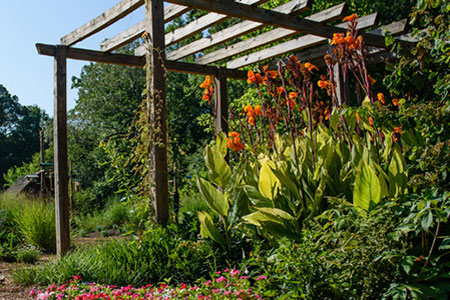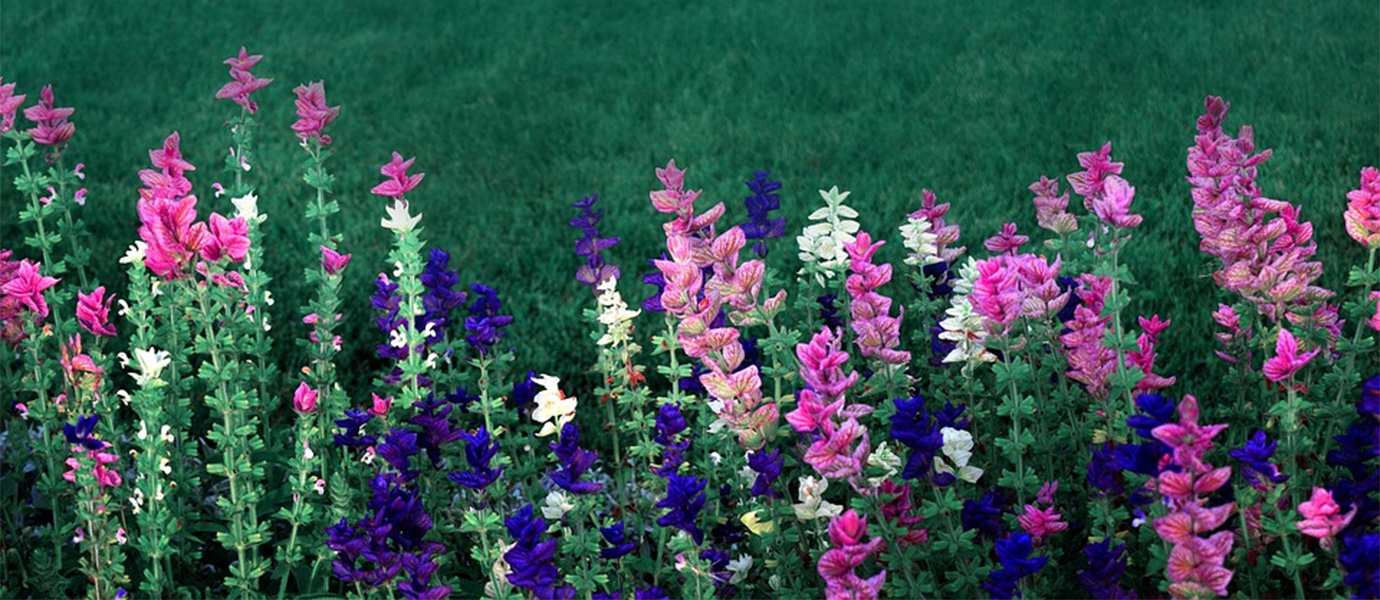
School
Through inquiry-based learning, groups can engage in a variety of topics including pollinators, roots, seeds and harvest, butterflies and ladybugs, the forest, habitats, birds, and life cycles. During program activities groups might hunt for roots, stems, leaves, and flowers; investigate seed diversity; visit the Children's Garden; watch a chipmunk scurry to its burrow; examine ways habitats change over time; investigate plant structures up close; or take a detailed look at one of the Garden's terrestrial or aquatic ecosystems.
supports classroom learning in:
Science.
topics covered:
Pollination, Plants, Animals, Ecology, Biology, Hiking.
contact info
Name: Sue Watts.
Phone: 864-656-2836
Email: watts9@clemson.edu
INFO
ABOUT
South Carolina Botanical Garden
The South Carolina Botanical Garden, located on the campus of Clemson University, is a diverse 295-acre garden of natural and manicured landscapes within the South Carolina Piedmont ecosystem. Together with a nationally recognized nature-based sculpture collection, distinguished education and outreach programs and the Bob Campbell Geology Museum, the Garden is a premier site for experiencing nature and culture.
contact info
Hrs: Daily, Dusk to Dawn.
HELPFUL LESSON PLAN(S)
Prepared by FieldTripDirectory.com
Botanical Garden Lesson Plan
FUN FACTS
The diverse world of plants is perhaps the weirdest, and most fascinating, of all living things. Bamboo can grow over three feet in one day (you can literally watch it grow). There are 600 species of carnivorous plants, which trap and digest insects, frogs, or small birds (if a vegetarian eats this plant, are they still a vegetarian?). The world’s largest flower, Rafflesia, can grow up to three feet in diameter (how big would a bouquet be…). Do a little digging on your next trip to a botanical garden (not literally!), and see what interesting plant facts you can find.
View Lesson Plan>>
